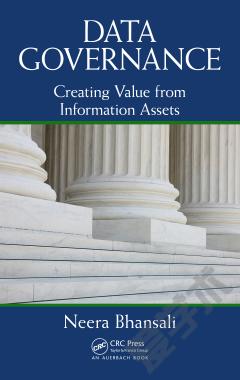The Information Content of Corporate Governance Ratings
Several corporate governance rating agencies in recent years have introduced quantitative measures of corporate governance rating for publicly traded firms. Firms invest significant resources to be rated by such agencies as they anticipate potential benefits for investors. One potential benefit is the reduction in information asymmetry between firms and investors. We examine the cross-sectional relation between commercial corporate governance ratings of firms and their contemporaneous information asymmetry proxies. We use two leading governance rating agencies; Governance Metrics International (GMI) and Institutional Shareholder Services (ISS) and six information asymmetry proxies and find a significant relation between the ratings and several measures of information asymmetry. We, however, find no significant impact on information asymmetry level of firms around the first time they get rated. In addition, contrary to our expectations, we find a negative significant relation between highly rated firms and the cumulative abnormal returns around the announcement date but insignificant relation for low or moderately rated firms.
{{comment.content}}








 京公网安备 11010802027623号
京公网安备 11010802027623号